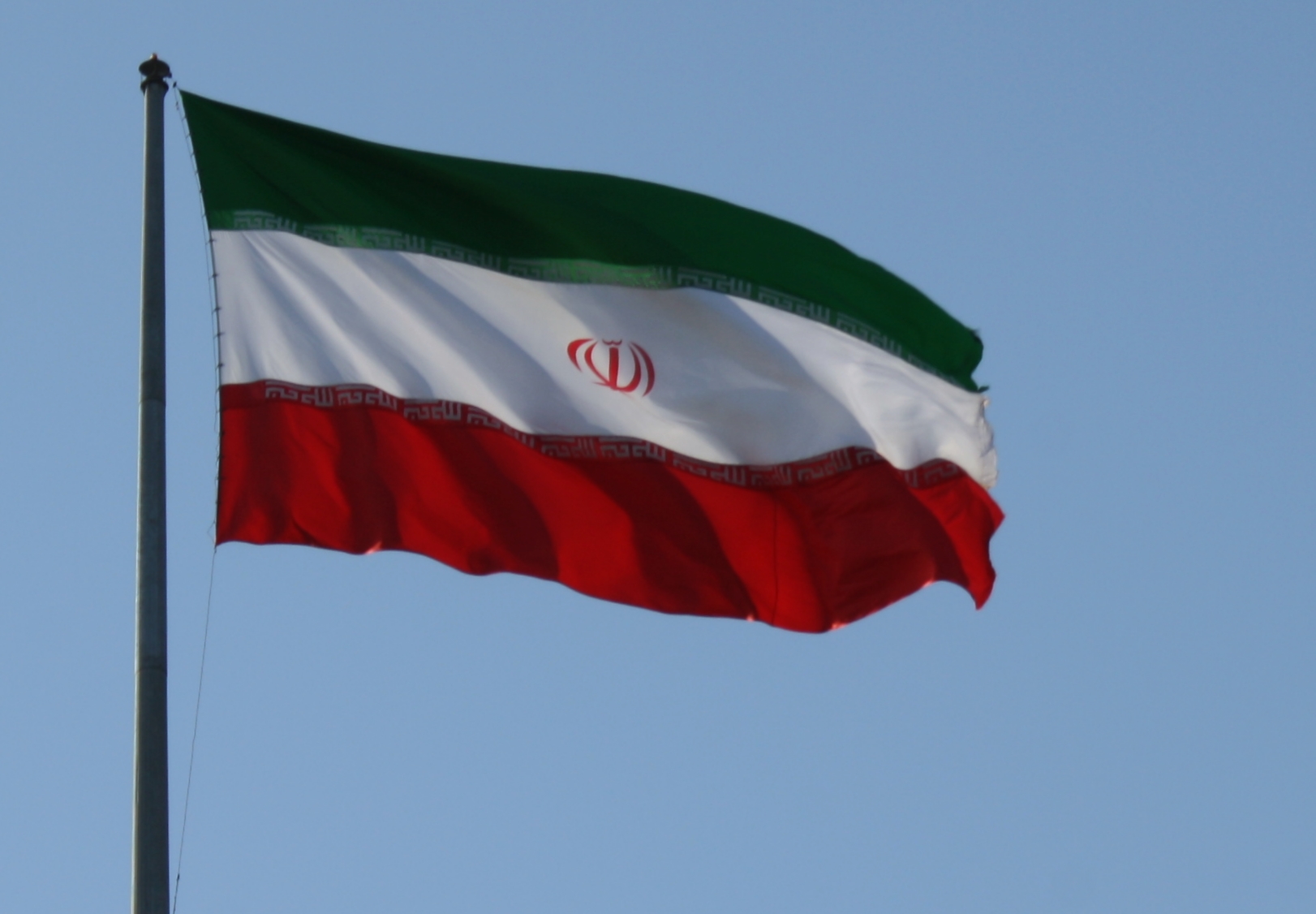 Image courtesy of Blondinrikard Fröberg via https://creativecommons.org/licenses
Image courtesy of Blondinrikard Fröberg via https://creativecommons.org/licenses
Shifting the Balance: The Impending Iran-China Agreement
Iran and China are currently working towards a formal 25-year agreement that aims to greatly increase economic and military cooperation between the two states. This partnership will have broad security implications, both in the Middle East and globally.
Iran-China Agreement
An 18-page draft document outlines the plans for a partnership that is expected to provide Iran’s economy with around $400 billion in Chinese investment through infrastructure improvements such as airports, subways, railroads, banking, and seaports, as well as other additional projects – more than 100 in total. The document also mentions plans for joint projects outside of Iran, particularly in Syria and Iraq. In return, China is expected to receive substantial amounts of oil from Iran, possibly at a reduced price. The agreement also calls for further military cooperation between the two states. This would include joint exercises, intelligence sharing, collaborative research, coordinating weapons development, and training side-by-side.
Through the agreement, China would not only gain a reliable source of oil but also considerably strengthen its foothold in the Middle East. Because of this, the partnership may shift the regional balance of power. Iran has long championed the importance of an Iran-China partnership, believing that a deal between the two countries could effectively counter-balance the US. Up until this point, China has seemed unwilling to fully commit, likely because of the prospect of US repercussions. Now, as relations between China and the US continue to sour, there no longer appears to be a strong enough incentive.
Iranian Response
For Iran, the greatest benefit of the agreement is also its greatest weakness. Struggling in almost complete international isolation, a deal with China provides an economic lifeline for Iran. However, Iran’s dire economic situation also gives it less leverage than China in the negotiations. Because of this, Iranian responses to the deal have been strongly divided. While some have defended the deal as the best way forward for the country, the response has been largely negative.
The main objections relate to the secrecy surrounding the deal and fears that China may utilize debt-trap diplomacy. Such tactics could significantly undermine Iran’s sovereignty or cause it to lose strategic assets, as has been the case in other regions. Public dissatisfaction with the deal will likely not prevent the partnership from happening. However, moving forward without the Iranian public’s approval might bring further future challenges for the regime as many Iranians are already disenchanted.
Ramifications for the US
While the details of the agreement are not finalized, and thus are subject to change, any deal between Iran and China would have significant ramifications for the US. Soon after pulling out of the Joint Comprehensive Plan of Action (JCPOA), the US began to reinstate sanctions on Iran by imposing a maximum pressure economic campaign. The objective of these sanctions has been to force Iran back to the negotiating table in order to rework a new deal that would address a broader range of concerns – including ballistic missiles and Iran’s destabilizing actions in the region.
A strategic partnership between Iran and China would significantly reduce the chances of a future deal. By investing in Iran and providing a market for the country’s oil, China can help Iran circumvent a large portion of the sanctions. If the effects of sanctions cannot be used as leverage, the US may find it impossible to compel Iran’s leaders to consider any nuclear agreement going forward, much less a more severe one.
Additionally, China’s influence was arguably key in bringing Iran to the negotiation table for the talks that led to the JCPOA. By signaling that Iran would find no alternative markets to counter US and European sanctions, China and Russia were invaluable. Because of its history with Iran, China was also able to work as a mediator to keep the diplomatic discussions going. Now, as it allies itself more firmly with Iran, the chances that China would utilize its influence on behalf of the US to push Iran towards a new nuclear deal are slim.
Before the partnership is finalized, a draft will need to be submitted to the Iranian parliament and signed by Chinese leaders. If the agreement is fully realized, attempting to continue utilizing sanctions as the main foreign policy tool in Iran will likely not lead to a productive advancement of US goals in the region. The US should instead reassess how to achieve key objectives by developing a more diverse strategy instead of relying solely on economic measures.





